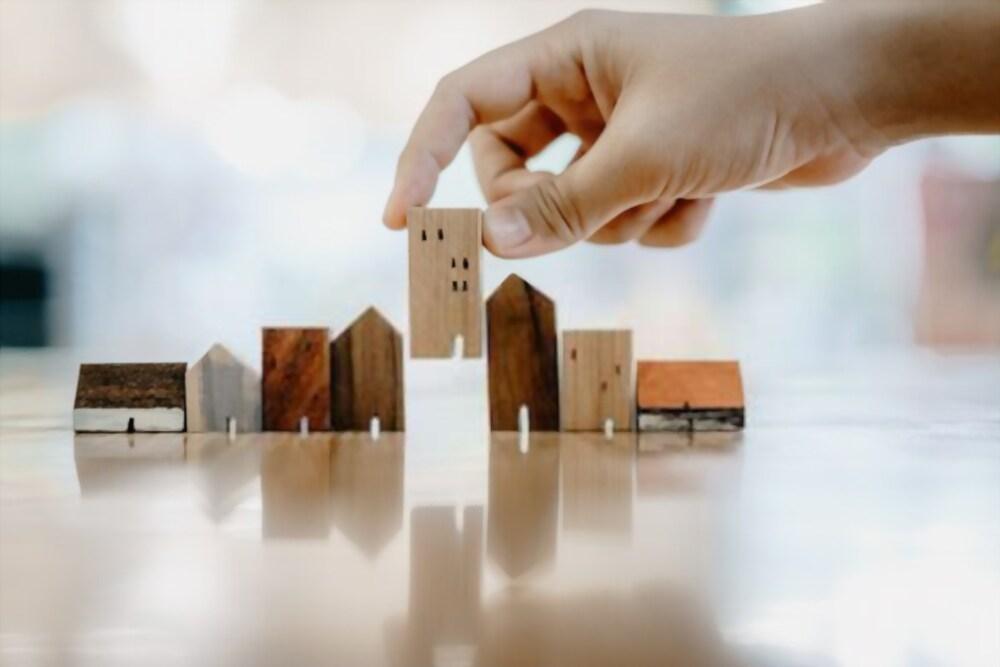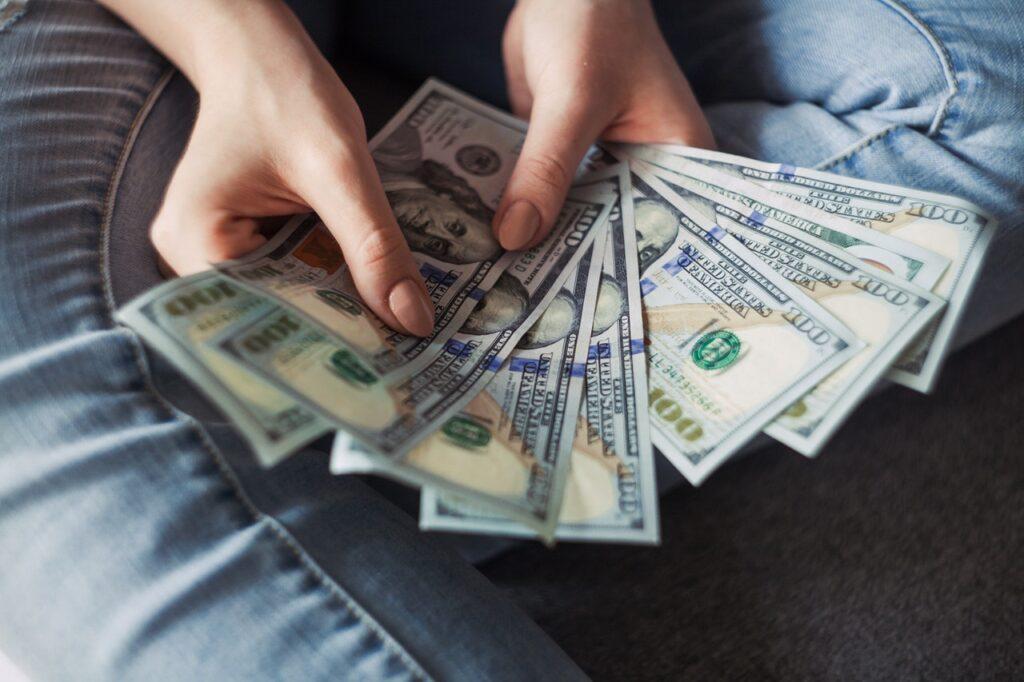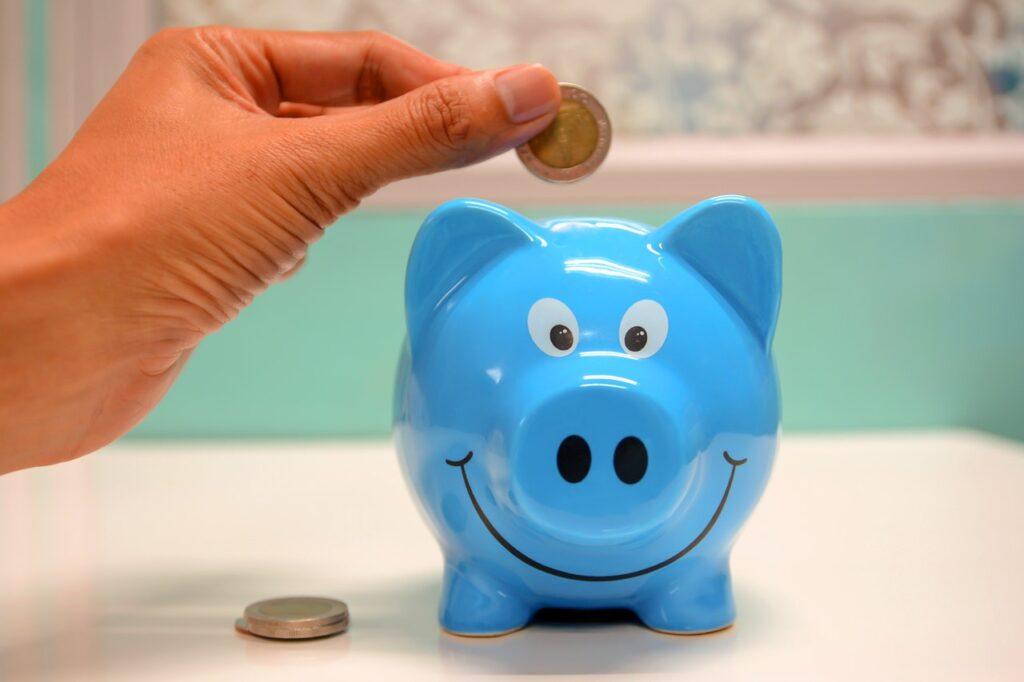COVID-19 made 2020 a unique year. With the legislation of stimulus packages, social unrest, and the first economic recession in the past 10 years, the effects on the real estate industry have been impactful and far-reaching.
Now under a new administration and shifts in the senate, every decision that could be taken in the White House can change the landscape of investing, and of course, many of us still have a lot of questions regarding what is going to happen next:
- Will the new administration authorize additional economic stimuli?
- When will the eviction moratorium end, which was recently extended to June 30th?
- Will former President Trump’s tax cuts remain in place?
- Will President Biden’s $2 trillion infrastructure and $1.8 trillion family package pass, and how will it impact taxes if it does?
- Will the 1031 exchange go away?
Facing this uncertainty, these questions and many more are top of mind for multifamily investors. So what can you do to protect your investments?
That is the question we want to answer for you in this article.
How to protect your investments during times of uncertainty
It doesn’t matter who is president, how the senate shifts, or which part of the market cycle are we in for you to make investment decisions. You can make money as an investor in multifamily real estate regardless of which party is leading the government, and even during economic expansions and recessions.
Remember that the Real Estate industry has historically been one of the most secure ways to build wealth because it offers many strategies that can help you build the path to success. Here are three simple and universal principles you can follow if you want to thrive in 2021 and beyond.
Cash Flow Should Be Your Main Objective
To make money when investing in multifamily real estate, there are two major pathways to consider: appreciation and cash flow.
Appreciation is when the value of a multifamily investment “naturally” increases. We say “naturally” because that appreciation is driven by the market, which dictates the rise in rental rates due to increased demands, among other factors. You need to keep in mind that as long as you make sure to invest in a market that is bound to experience above-average growth, your investment will increase its value.
Of course, this is also a gamble, and everything that rises can also fall in an unforeseen way. Since the pandemic started, national rental rates decreased by 1.2% in 2020. According to Apartment List’s National Rent Report, rental rates fell more than 10% in many markets, with San Francisco experiencing a 27% reduction in rents. Anyone that invested in a multifamily property in early 2020 on the assumption that rents would continue to grow “naturally”, has seen their investments almost certainly decrease in value.
Because no one can consistently predict how the market is going to behave, or if a global pandemic will strike or not, buying for appreciation becomes a gamble.
All of that makes buying for cash flow the ideal approach. Buying for cash flow means that the investment will generate a monthly profit from day one, as long as your investment is performing well.
The good part is that you have a greater degree of control over the profit you can make because if you keep investing and improving upon your properties, they can perform better, and make more money in the end.
Fluctuations in rental rates will still impact the value of your investment. However, since the property is generating a profit from the onset, you have a built-in buffer. At the minimum, you can cover your expenses and not be forced to sell.
Secure A Long Term Debt
You should always try to have an extra safety net in case things go south. Securing a long-term debt will provide you with ample space to adjust if the market crashes or the economy experiences a recession. As a rule of thumb, it is recommended to always secure debt for a term that is at least twice the length of the business plan.
To give you a quick example, if you expect your renovations to take around 24 months, then try to secure a loan term that can be paid for in four years.
There are many unfortunate stories of investors reaching their due dates after not being able to pay their loans, which result in major losses in their investments and a lot of frustration. Every investment you’ll make in your life will have a degree of risk.
By anticipating these risks and accepting the possibility that sudden events might cause a major shift in the trends or impact the market in unforeseen ways, you’ll be better prepared to face the uncertainty, and rise were others less dedicated and poorly informed will fail.
Keep your expectations in check and provide yourself with an extra layer of safety by securing a long-term debt for your investments.
Have a Safeguard Fund
You need to create a sufficient reserve budget. That way, you’ll be protected against fluctuations in the market and cover unexpected events during the execution of your business plan.
A cash reserve is a final safeguard in the event of a major recession and negative cash flow. It will allow you to cover the debt service and expenses and avoid a situation where you’ll be forced to sell.
Conventional lenders require higher reserve budgets, and even up to 18 months of principal and interest on some loan products. This is one of the effects that the COVID-19 pandemic has created since these requirements were usually more lenient before the pandemic started. Those investors who didn’t take a chance and mitigated their investments’ risks are safe to continue funding their projects and growing their portfolios. These are the investors that are ready to meet the rise in demand that is currently happening thanks to the distribution of vaccines.
These principles have been tried and true over the long history of real estate investment in America. No matter the political climate or the current economic landscape, if you adhere to these three principles, your portfolio will not only survive but thrive throughout your real estate investing career.




